Artificial Intelligence (AI) is reshaping the music industry, offering musicians and producers powerful tools to compose, produce, and personalize sound like never before. From generating melodies to mastering tracks, AI is becoming a transformative force in modern music creation.
How Can AI Be Used in Music?
AI in music involves the use of algorithms, machine learning models, and data analysis to generate, assist, or enhance the musical process. Whether you’re an amateur or a professional, AI offers ways to streamline production, explore new sounds, and spark creative ideas.
Key Ways to Use AI in Music
Music Composition and Generation
AI tools such as AIVA, Amper Music, and Soundraw can compose entire musical pieces based on genre, mood, or user preferences. These platforms analyze vast datasets of music to create unique melodies, harmonies, and rhythms tailored to specific needs.
Lyrics Writing and Song Structure
AI language models can assist in writing lyrics by generating phrases, rhymes, and even full verses. Musicians can use tools like ChatGPT or These Lyrics Do Not Exist to overcome writer’s block or explore new lyrical directions.
Music Mixing and Mastering
AI-powered platforms such as LANDR and iZotope Ozone offer automated mixing and mastering services. These tools analyze the audio and apply intelligent adjustments, helping producers achieve professional-quality sound with less manual effort.
Personalization and Recommendations
Streaming services like Spotify and Apple Music use AI to personalize playlists and recommend tracks based on user listening behavior. Musicians can also use this data to understand their audience and tailor their releases accordingly.
Sound Design and Sampling
AI can generate unique instruments and sound effects that don’t exist in traditional libraries. Artists can manipulate AI-generated audio to design experimental or genre-defying sounds, expanding their sonic palette.
Live Performances and Interaction
Musicians are using AI in live performances to trigger effects, adapt setlists in real time, or even have AI-driven virtual collaborators on stage. This creates interactive and immersive concert experiences for audiences.
Considerations When Using AI in Music
As with all creative uses of AI, thoughtful implementation is crucial:
- Maintain Creative Control: Use AI as a tool to assist, not replace, your artistic identity and emotional expression.
- Avoid Over-Reliance: Let AI handle the technicalities while you focus on your unique sound and message.
- Respect Originality: Ensure training data and samples don’t infringe on copyrighted works.
Conclusion
AI is revolutionizing the way music is made, heard, and shared. Whether you’re composing symphonies, producing beats, or writing lyrics, AI offers innovative ways to enhance creativity and productivity. However, the most powerful music will always come from a place where technology and human emotion work hand in hand.


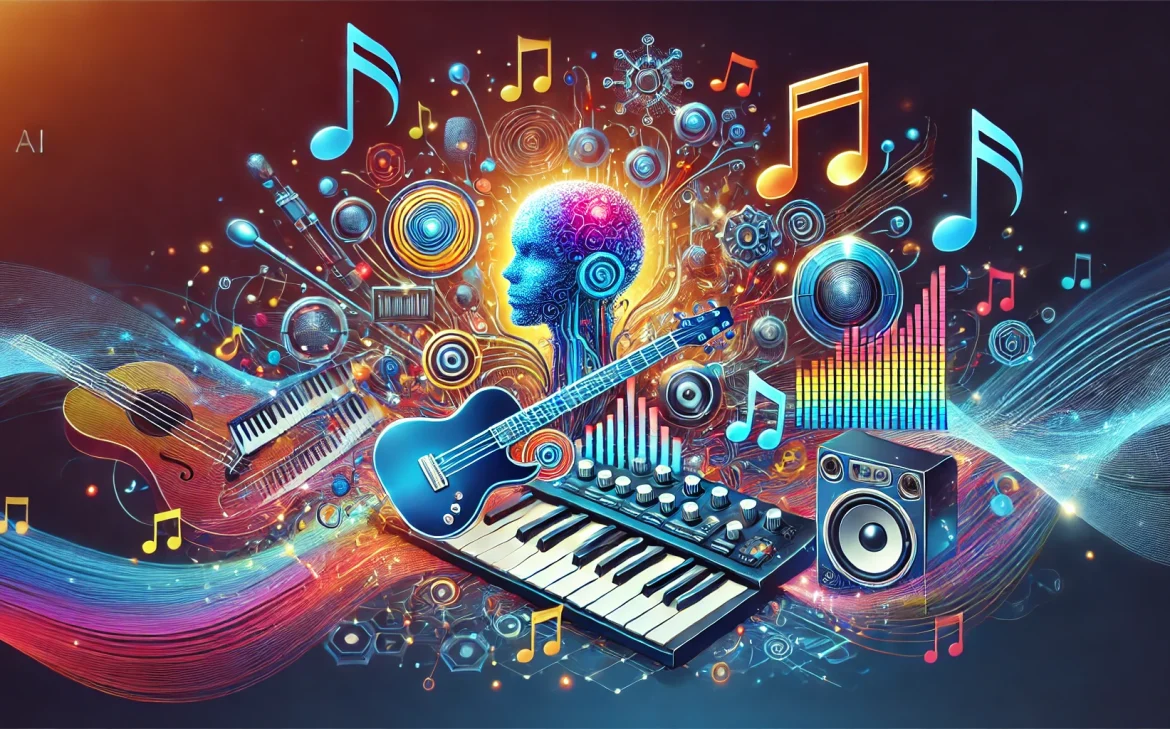
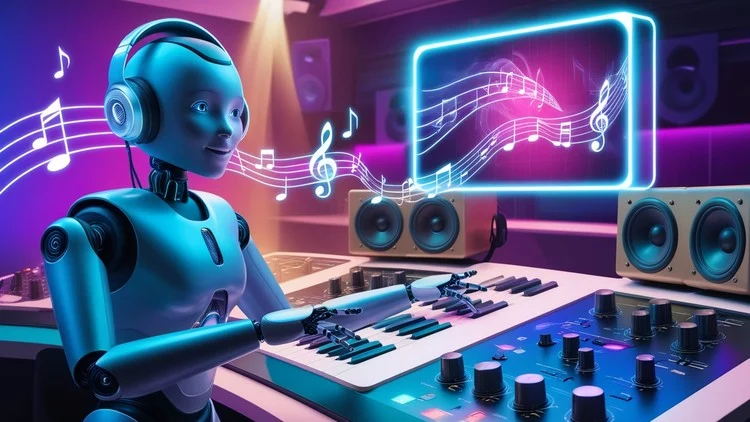
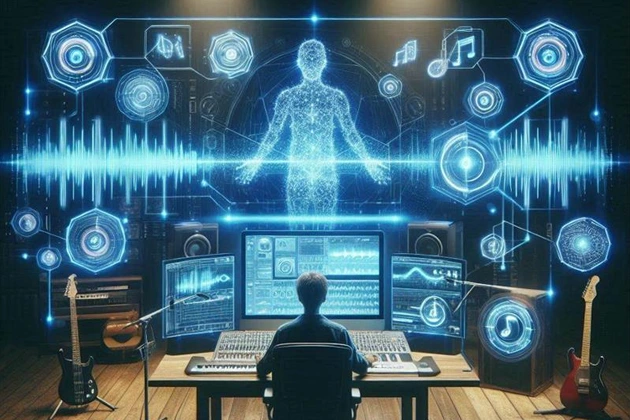
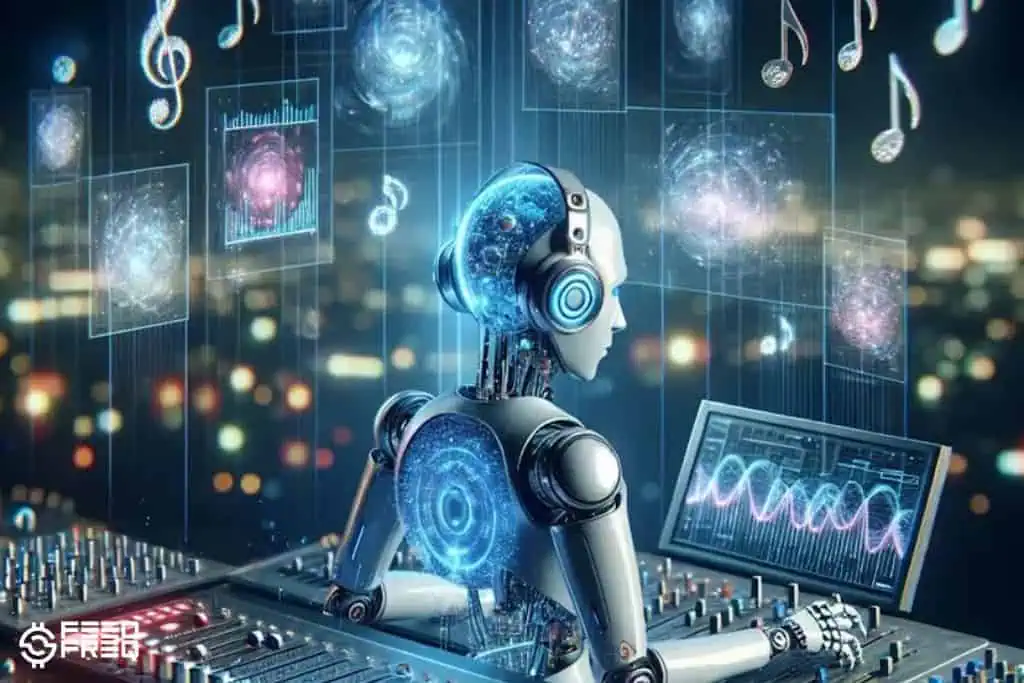
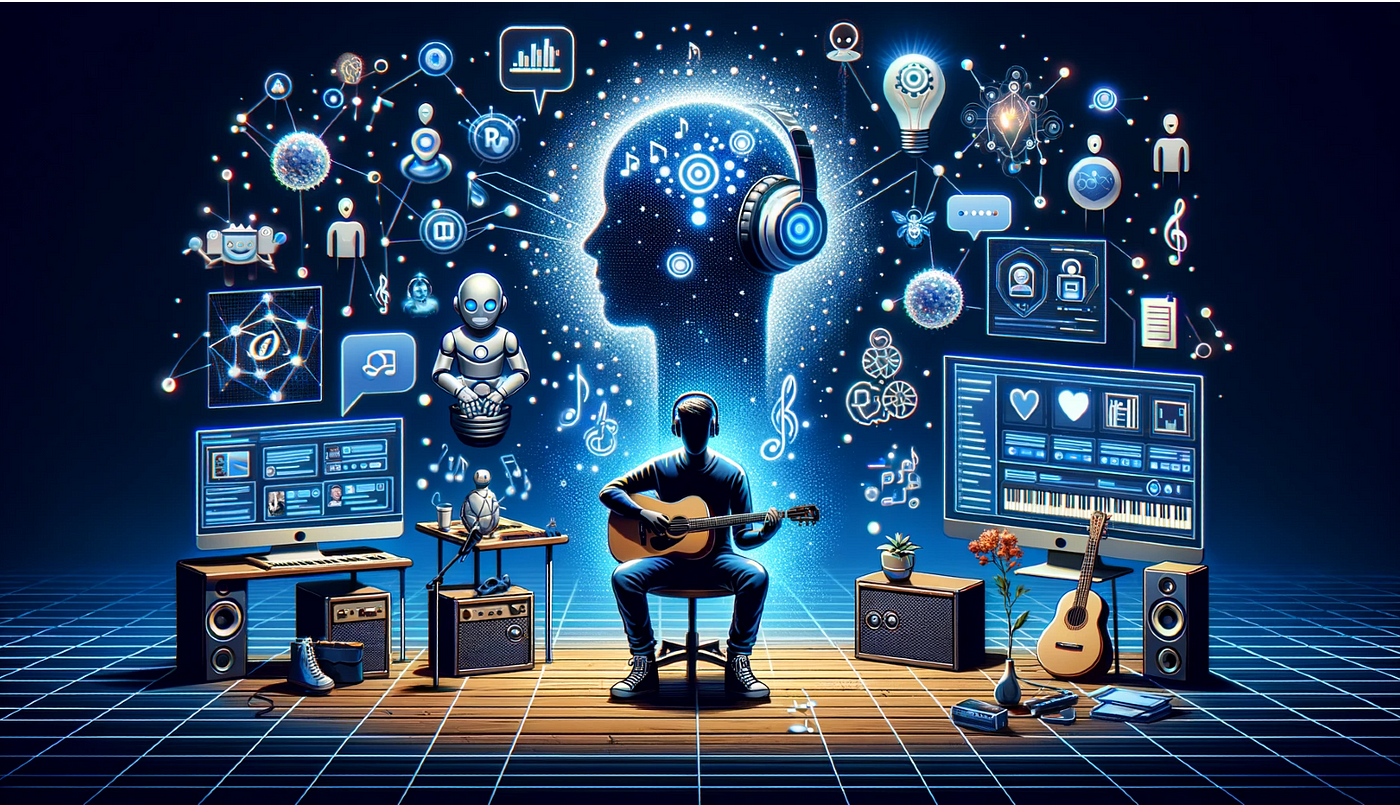
Leave feedback about this